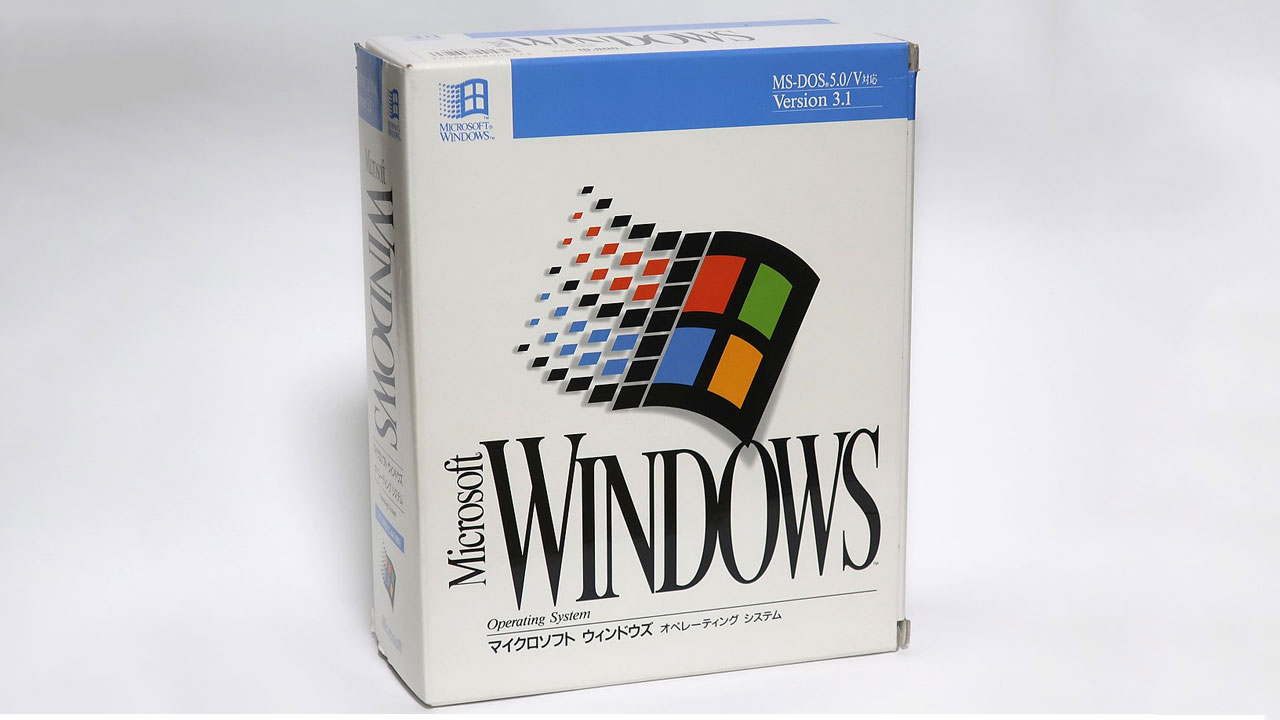
Southwest Airlines, the fourth largest airline in the US, is seemingly unaffected by the problematic CrowdStrike update that caused millions of computers to BSoD (Blue Screen of Death) because it used Windows 3.1. The CrowdStrike issue disrupted operations globally after a faulty update caused newer computers to freeze and stop working, with many prominent institutions, including airports and almost all US airlines, including United, Delta, and American Airlines, needing to stop flights.
Windows 3.1, launched in 1992, is likely not getting any updates. So, when CrowdStrike pushed the faulty update to all its customers, Southwest wasn’t affected (because it didn’t receive an update to begin with).
The airlines affected by the CrowdStrike update had to ground their fleets because many of their background systems refused to operate. These systems could include pilot and fleet scheduling, maintenance records, ticketing, etc. Thankfully, the lousy update did not affect aircraft systems, ensuring that everything airborne remained safe and were always in control of their pilots.
Delta, United, American Airlines flights are all grounded right now.The reason Southwest is not affected is because they still run on Windows 3.1.https://t.co/ezFubvKVNAJuly 19, 2024
Southwest was often criticized for its outdated systems, but an old but proven operating system saved it (and its customers) from the stress that most other airlines were experiencing. Nevertheless, Southwest passengers weren’t 100% unaffected by the CrowdStrike crash, as many airports also encountered system issues.
Aside from Windows 3.1, Southwest also uses Windows 95 for its staff scheduling system. It is a newer operating system — about three years younger than Windows 3.1 — but it’s ancient compared to today’s tech. Many of the airline’s staff have been complaining about it already.
However, the CrowdStrike global outage might discourage Southwest from upgrading its systems. These systems do not receive upgrades, so the company is sure it won’t ever receive one and cause an unexpected crash that could disrupt operations. After all, as the saying goes, “If it ain’t broke, don’t fix it.”
But as computers age and need replacing, the airline might need to upgrade its systems soon. One X user suggested that the company switch to Windows XP—it’s also no longer updated, and it can run Windows 3.1 applications via compatibility mode.
Whatever the case, Southwest’s use of outdated technology saved it when most of the world, which relied on newer systems, suffered a major IT crash. This is also precisely why military aircraft, like the Air Force One, still use needles, dials, and gauges—you cannot beat the reliability of older systems that have already been put through the wringer.







